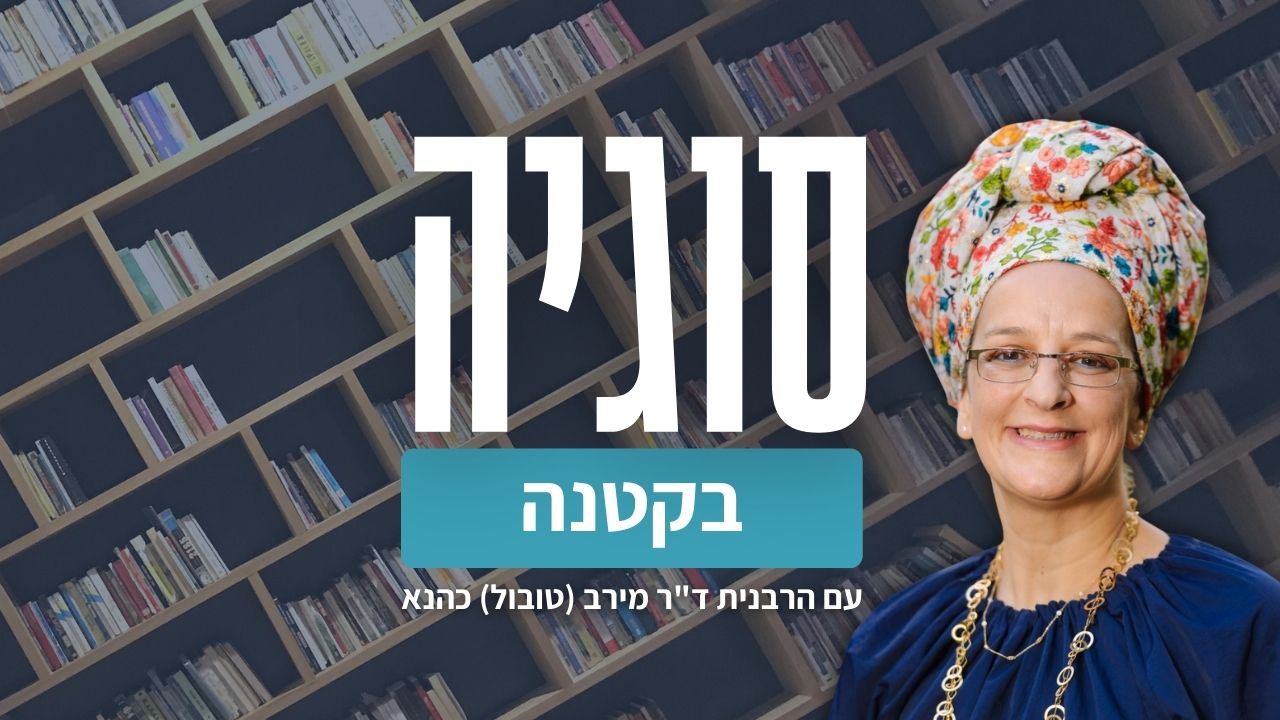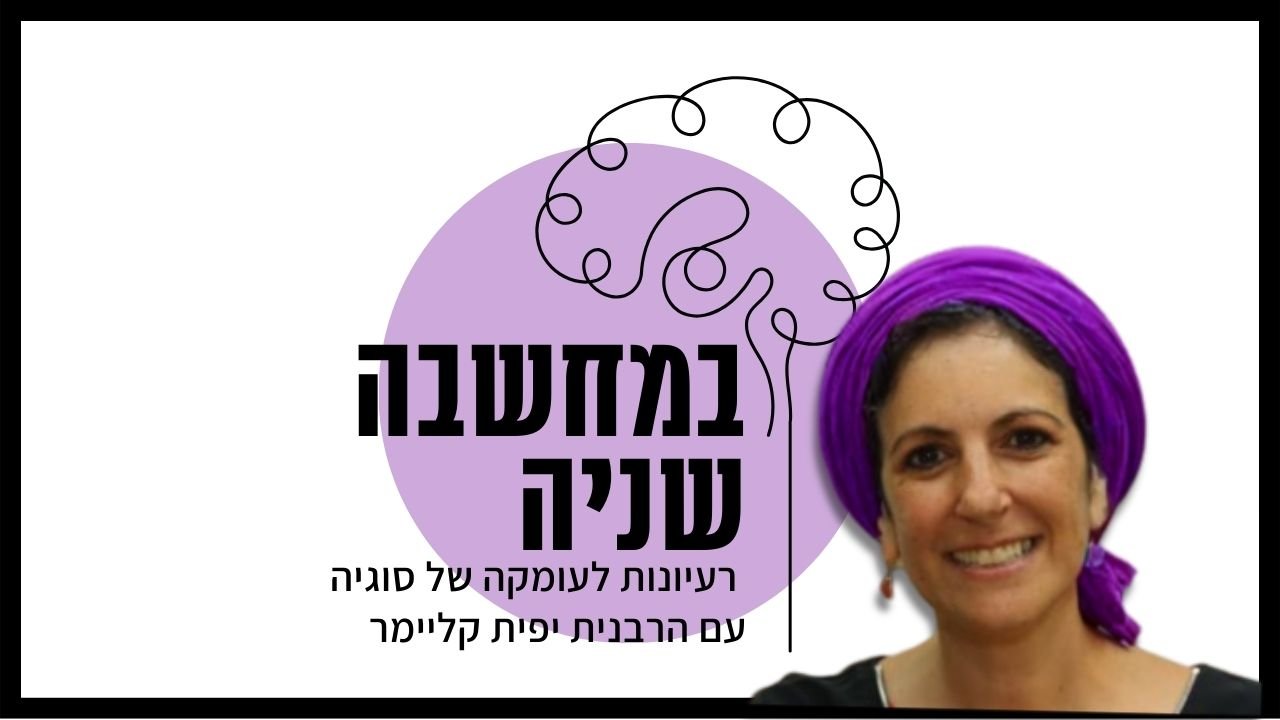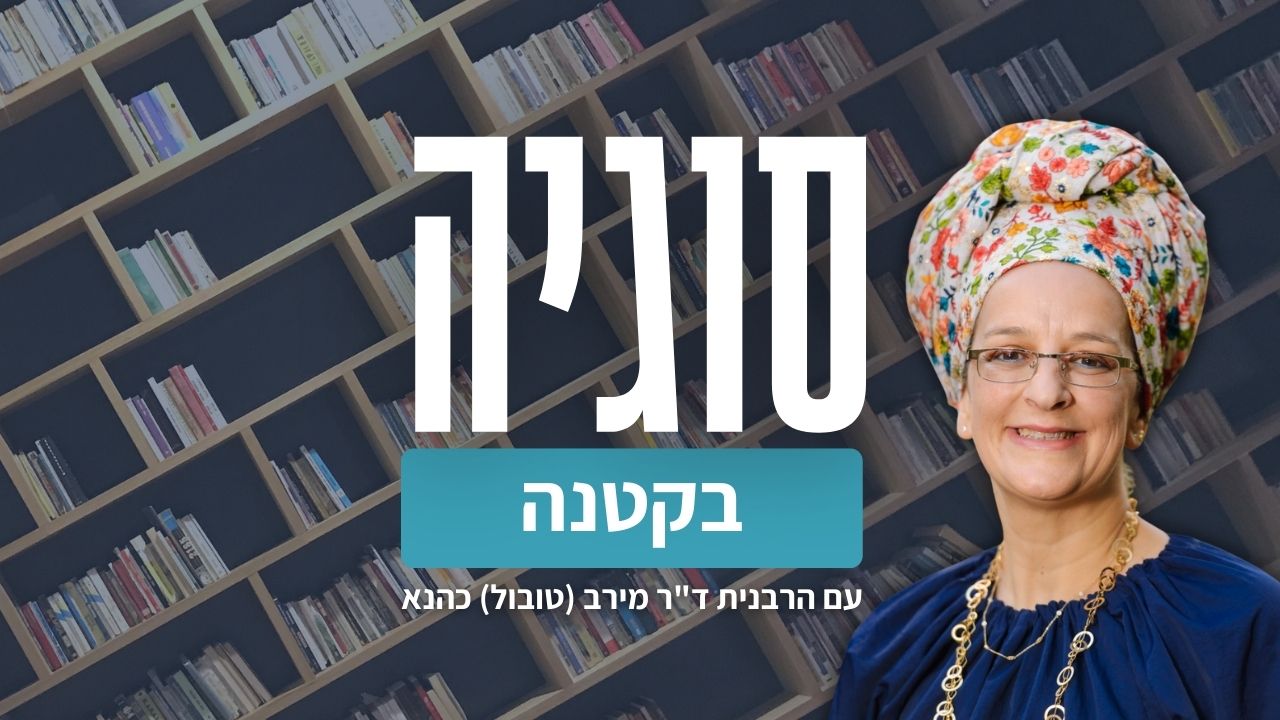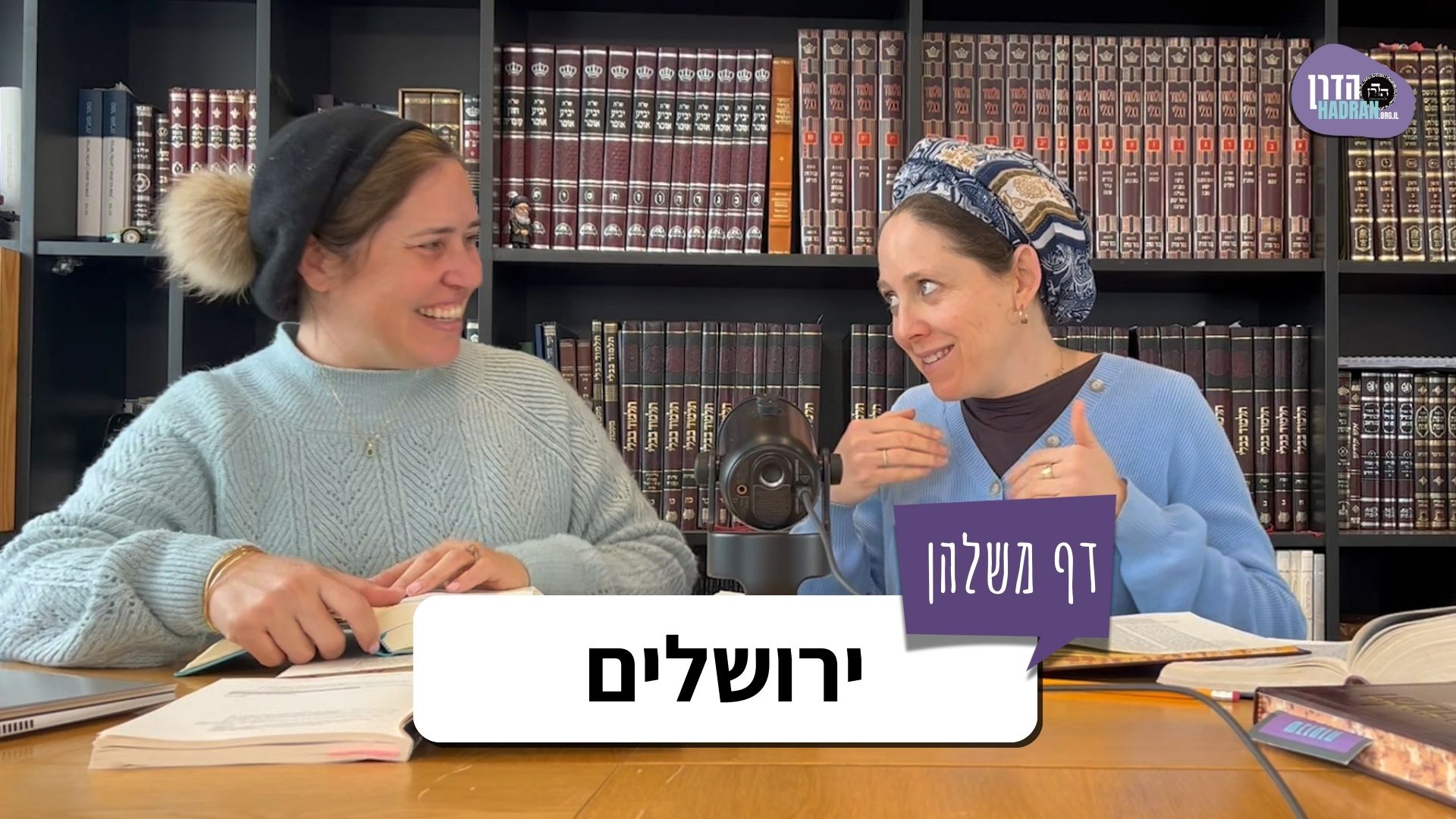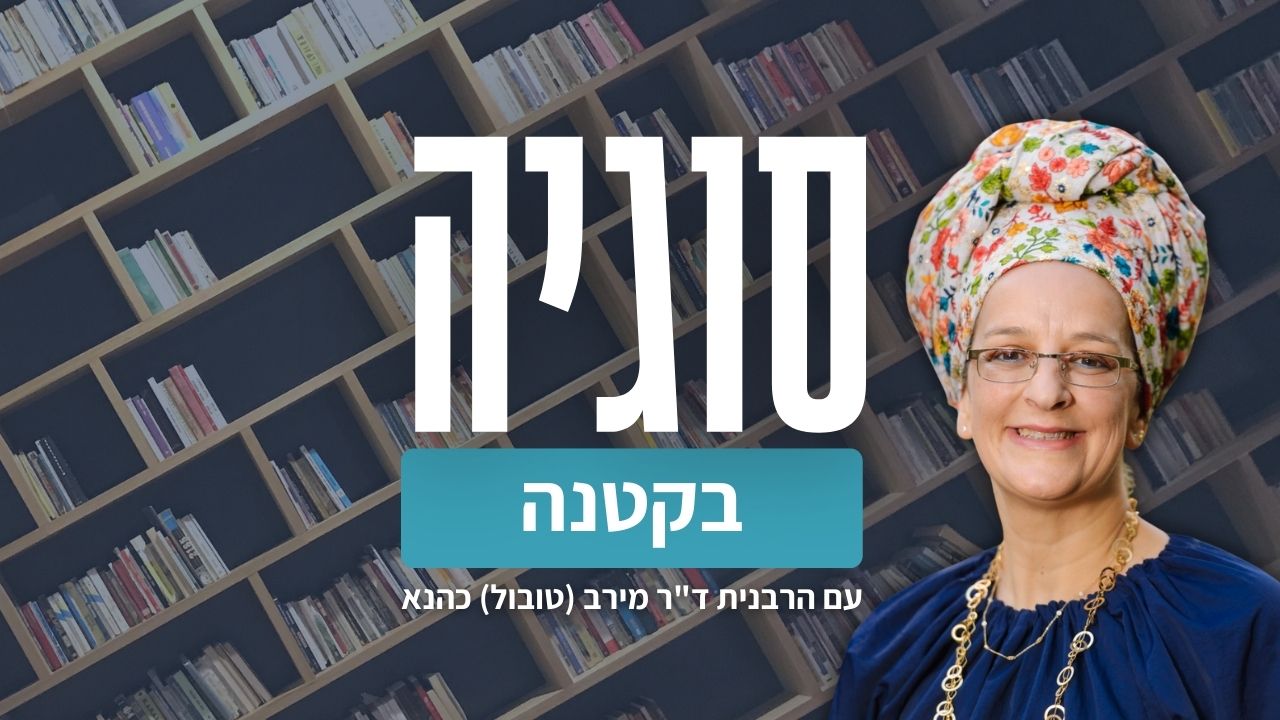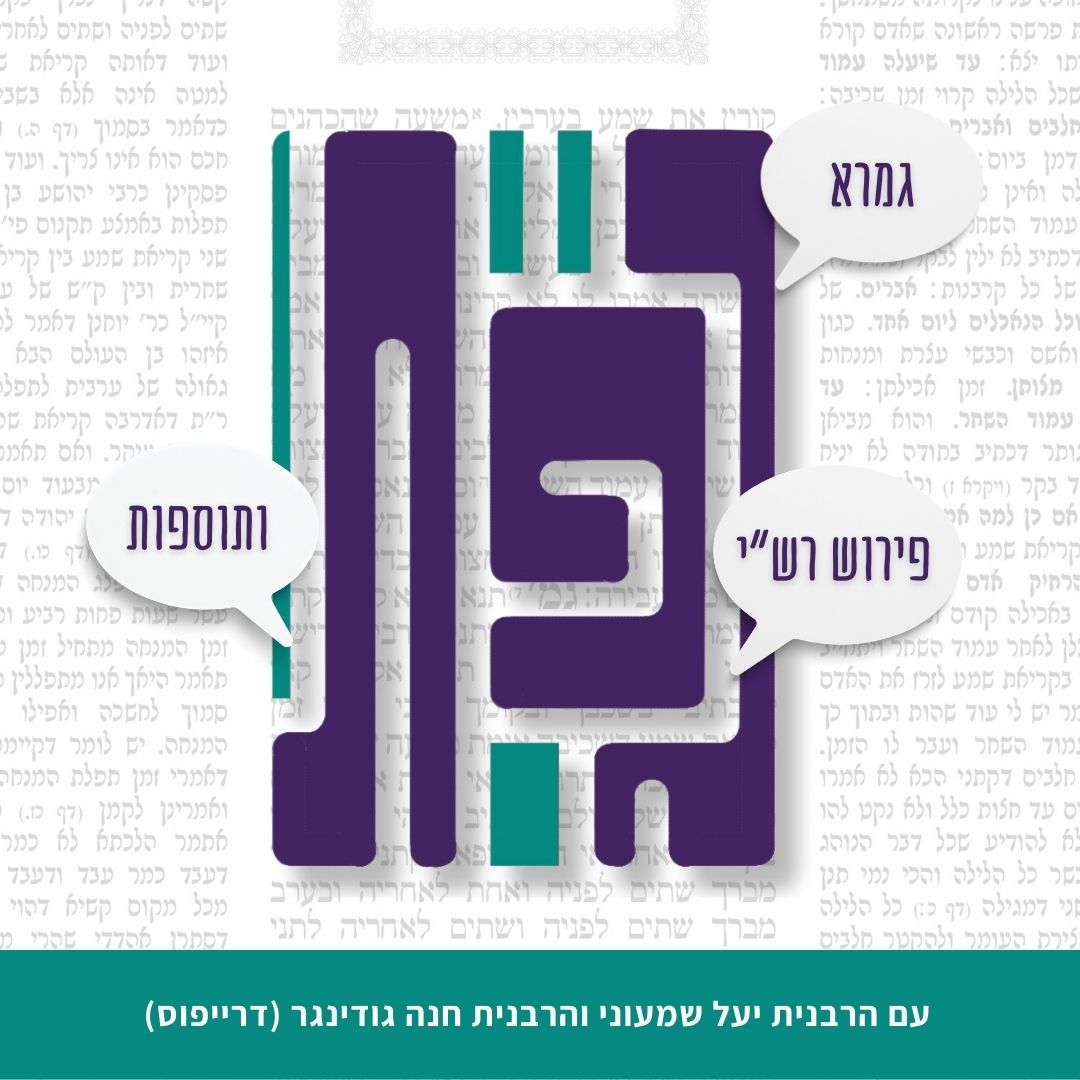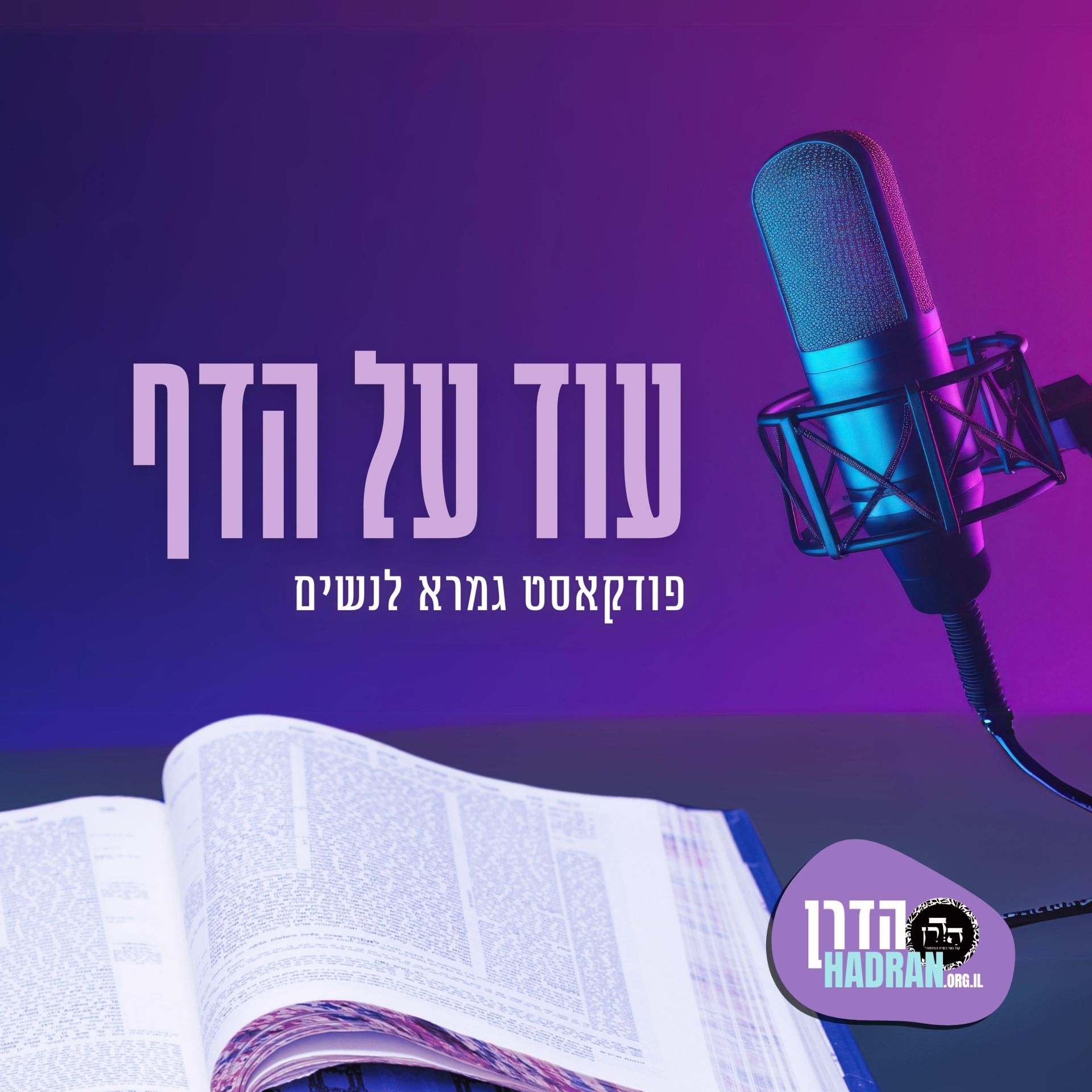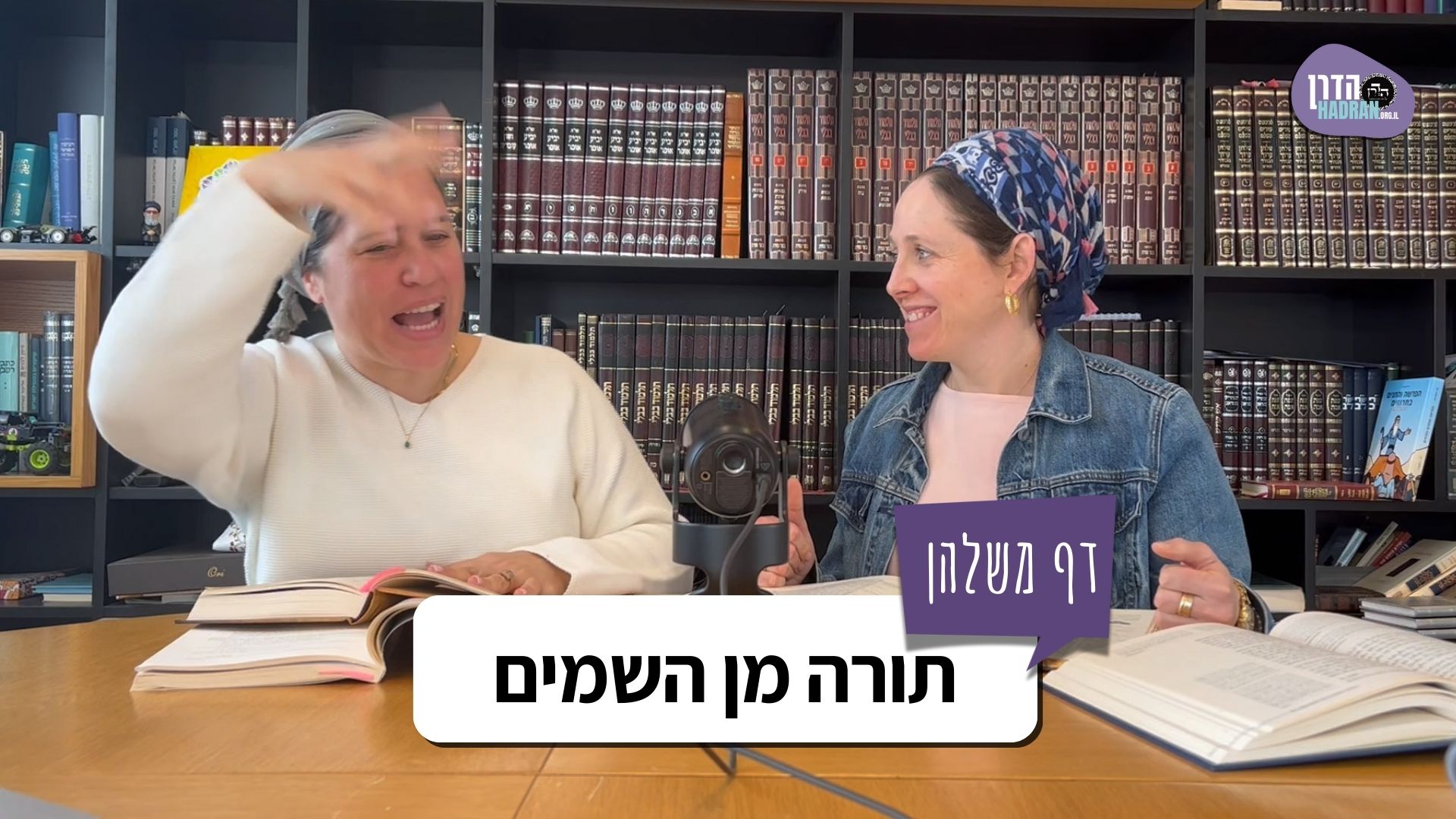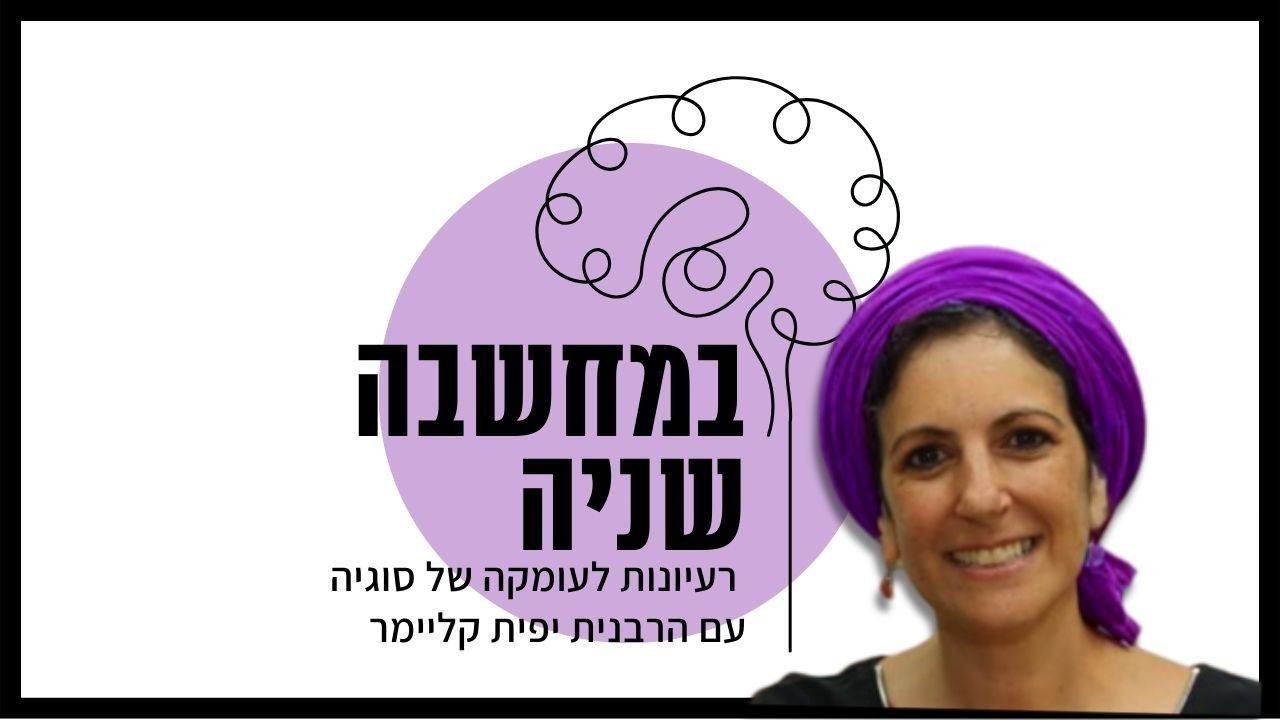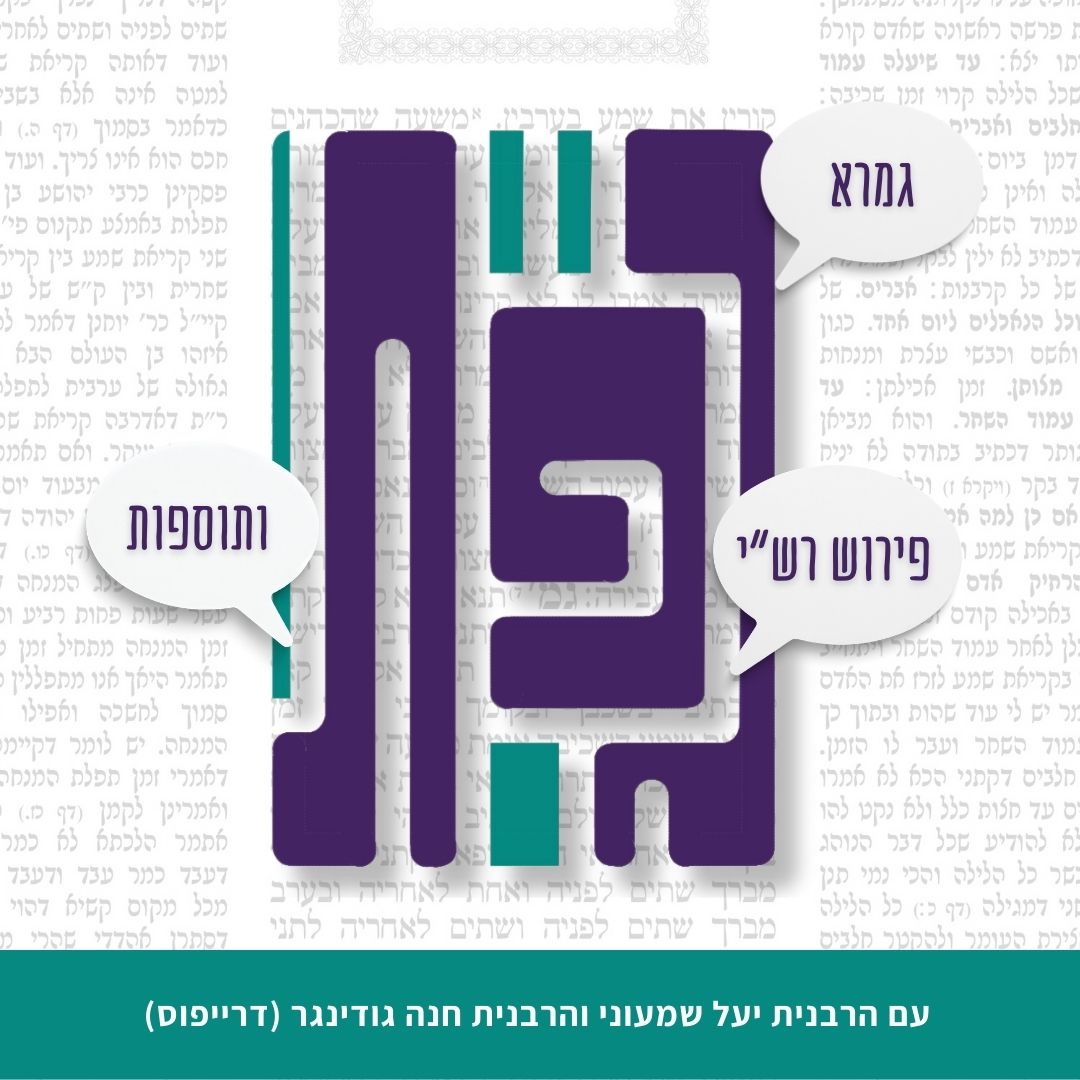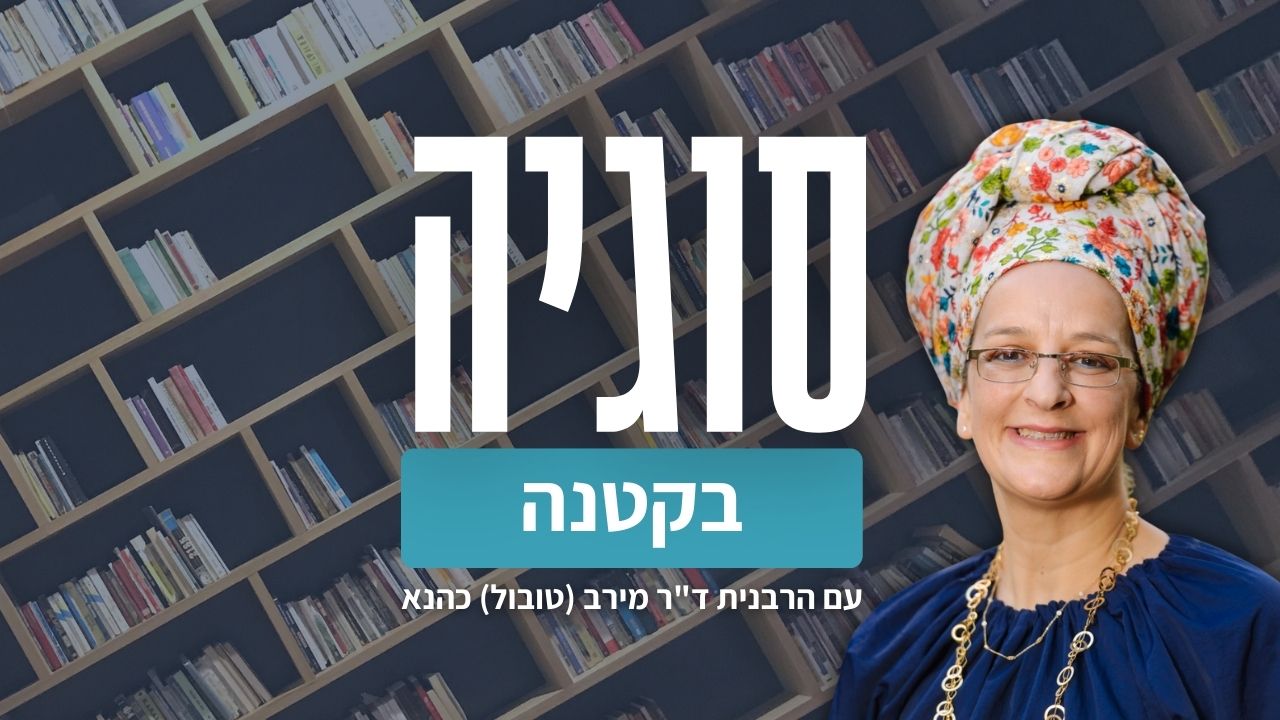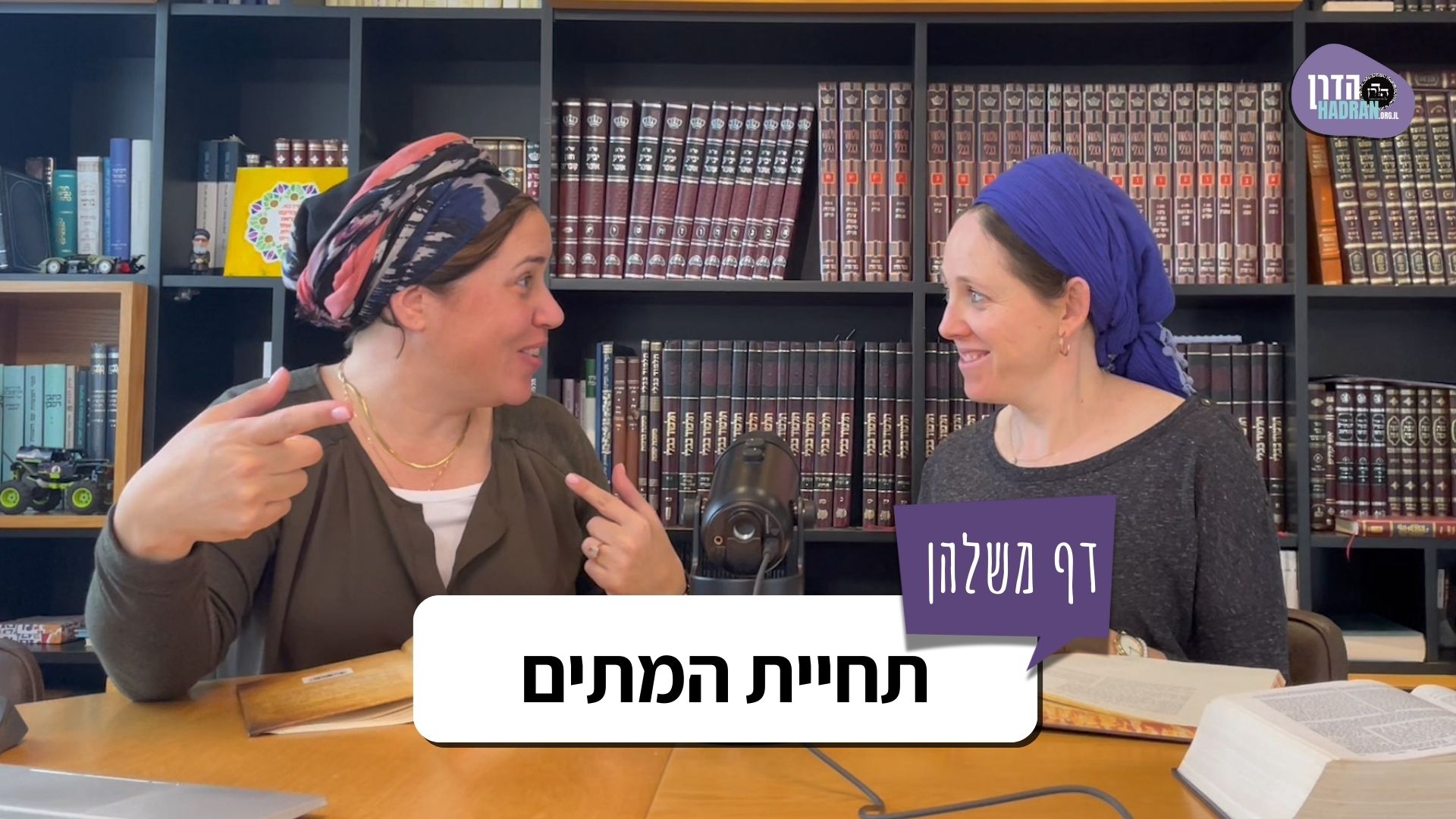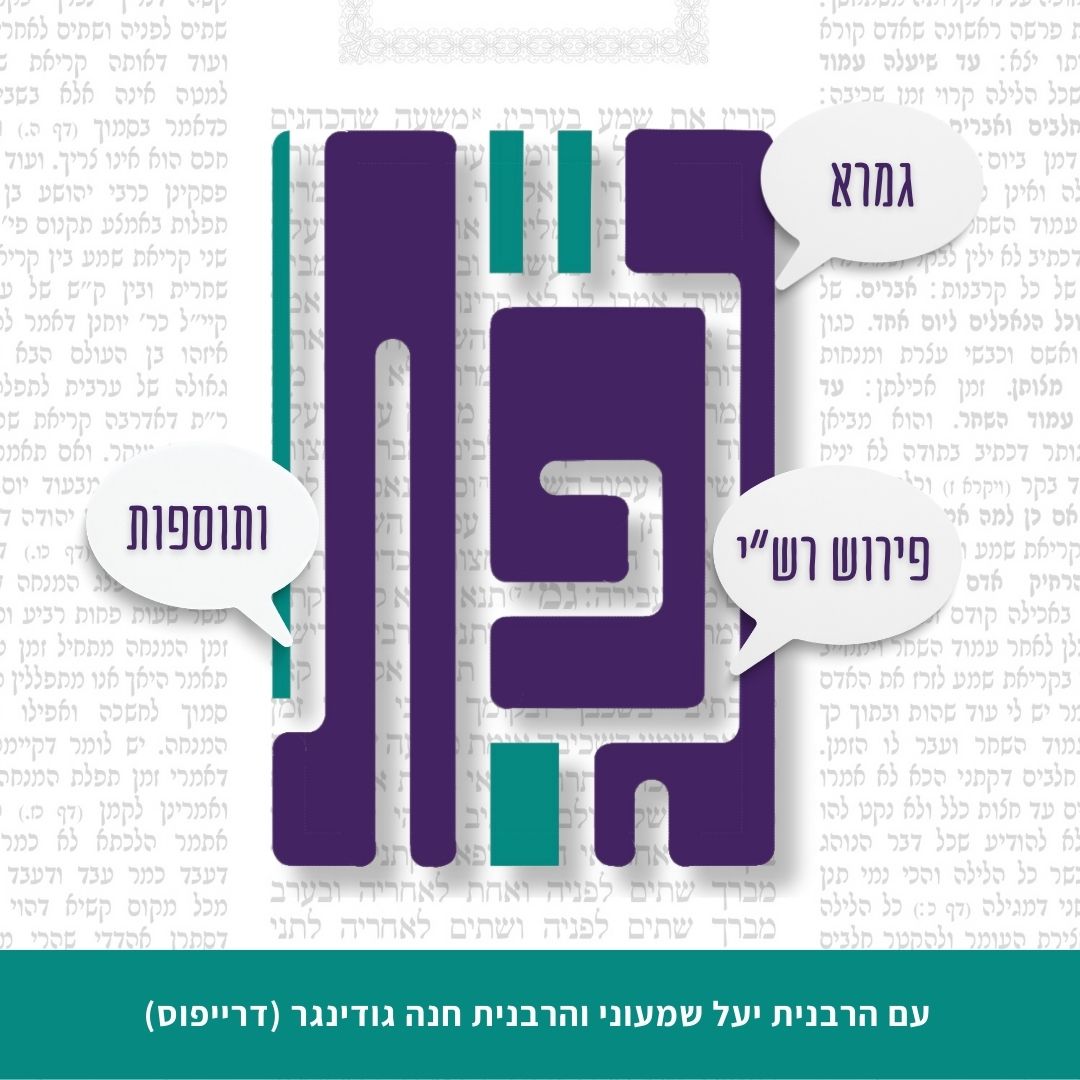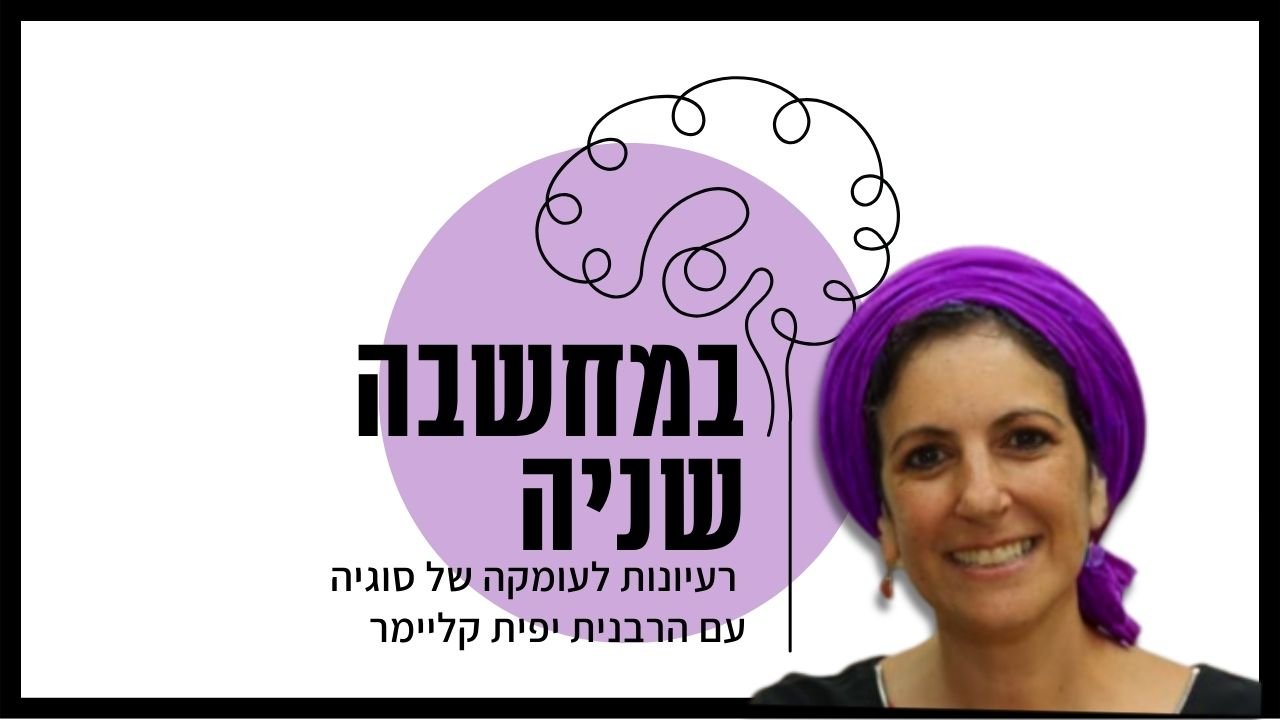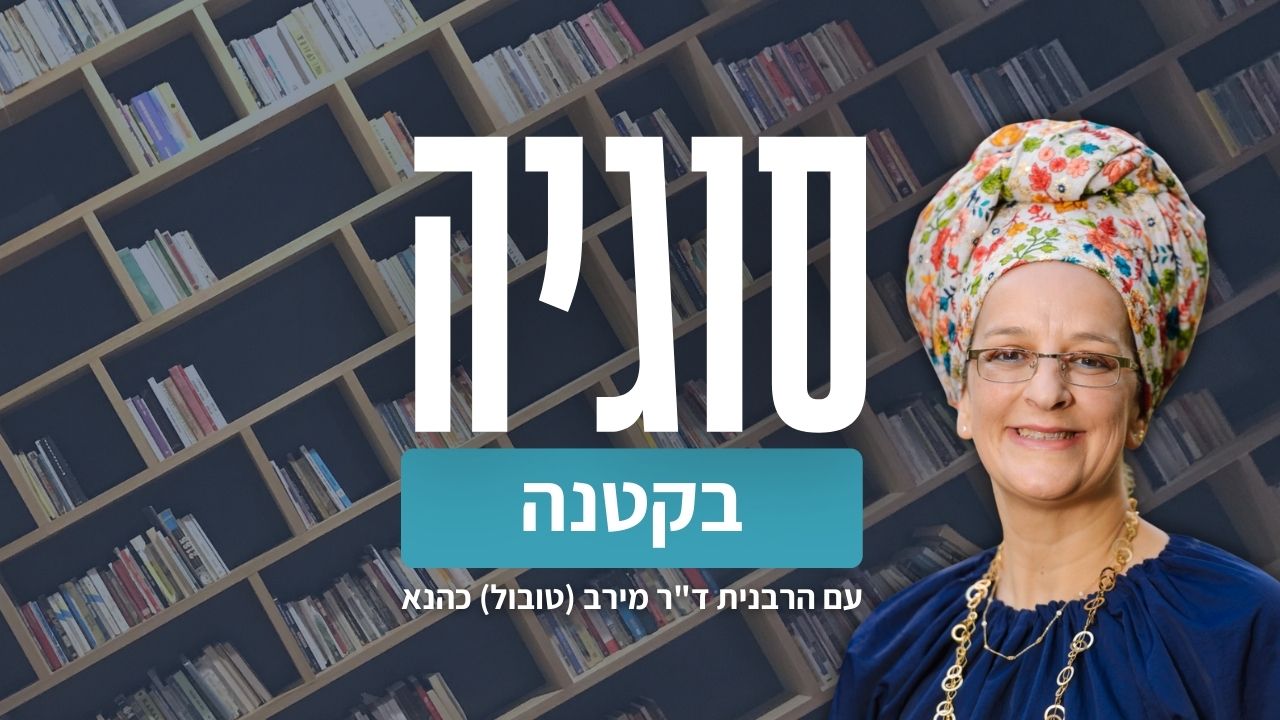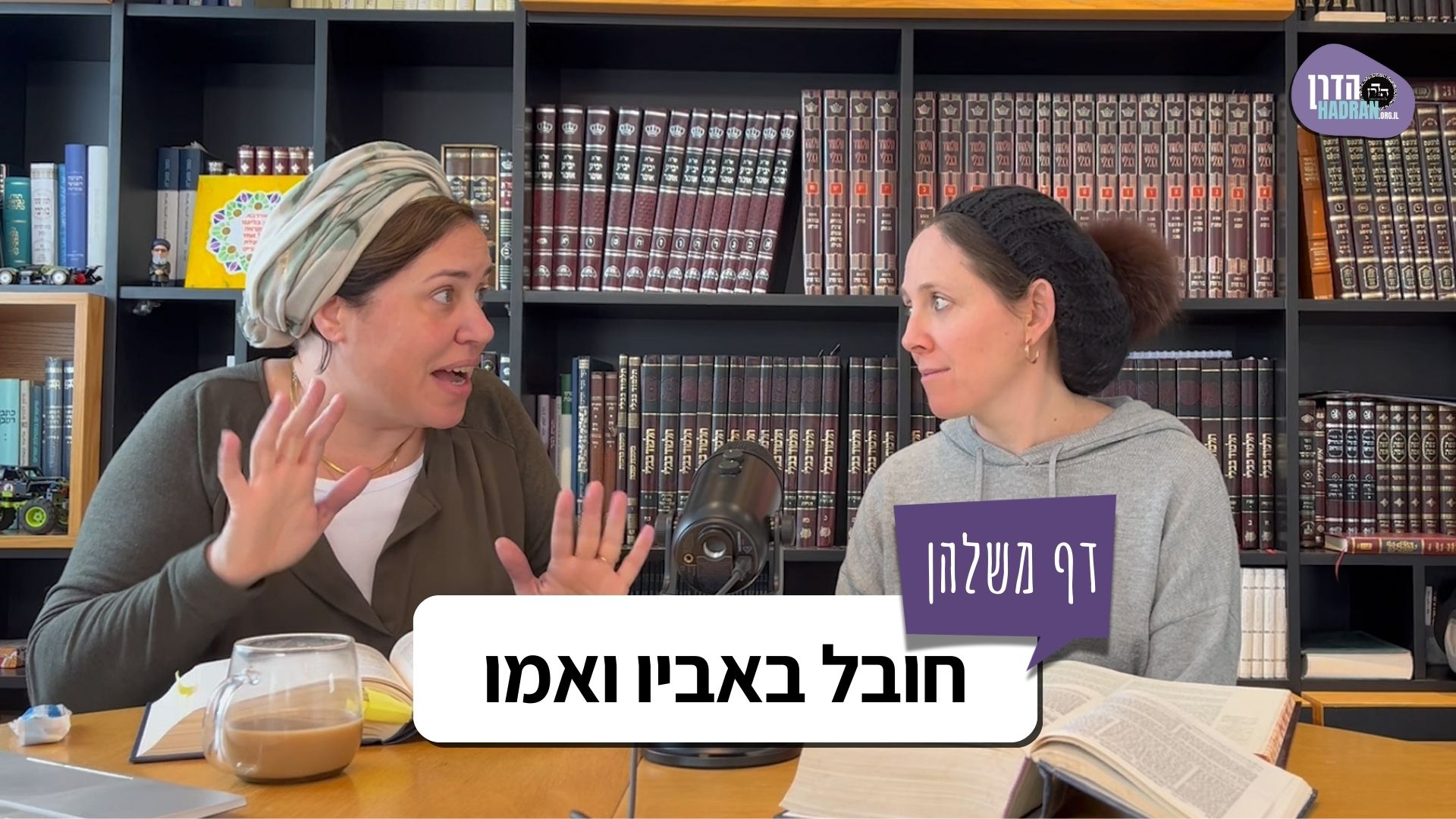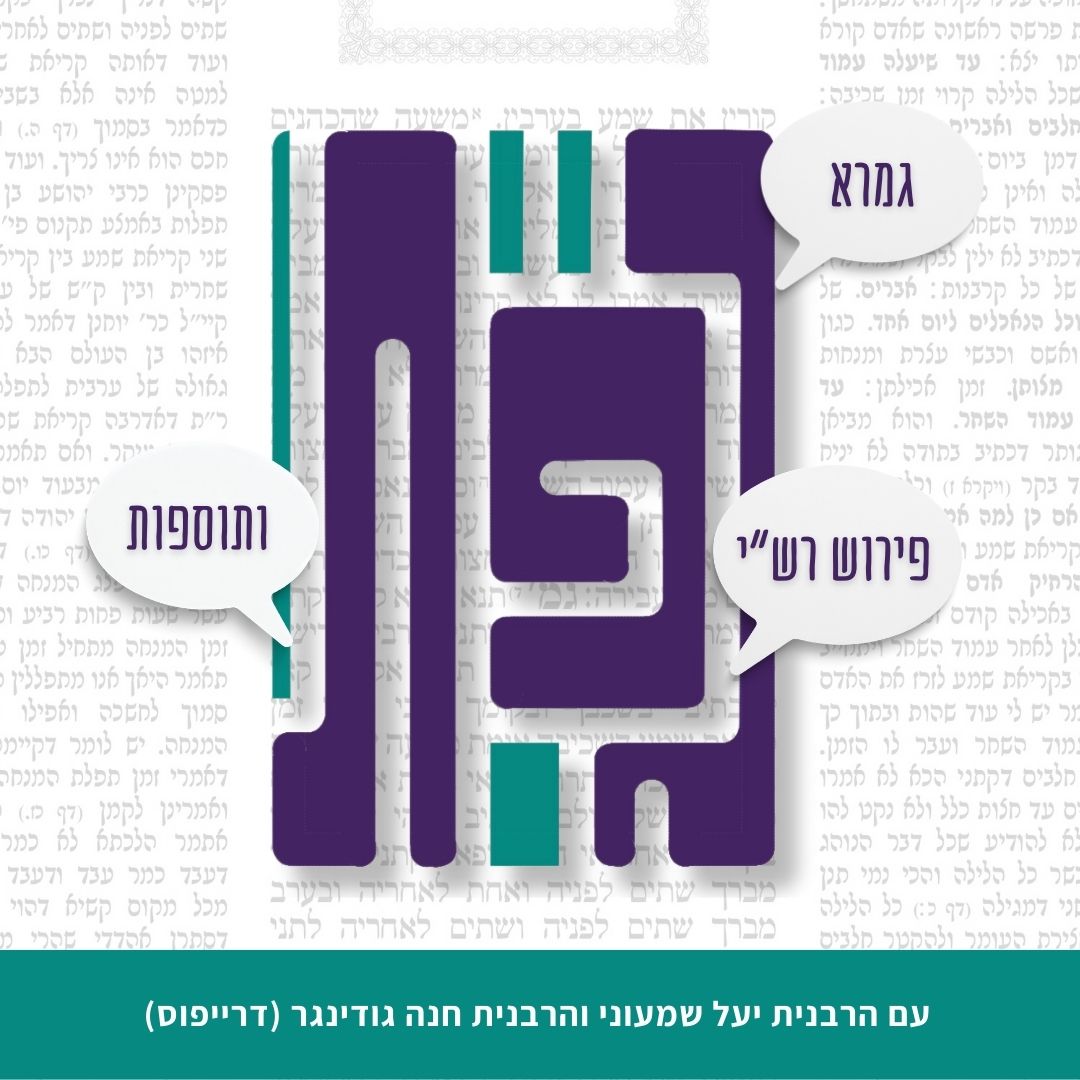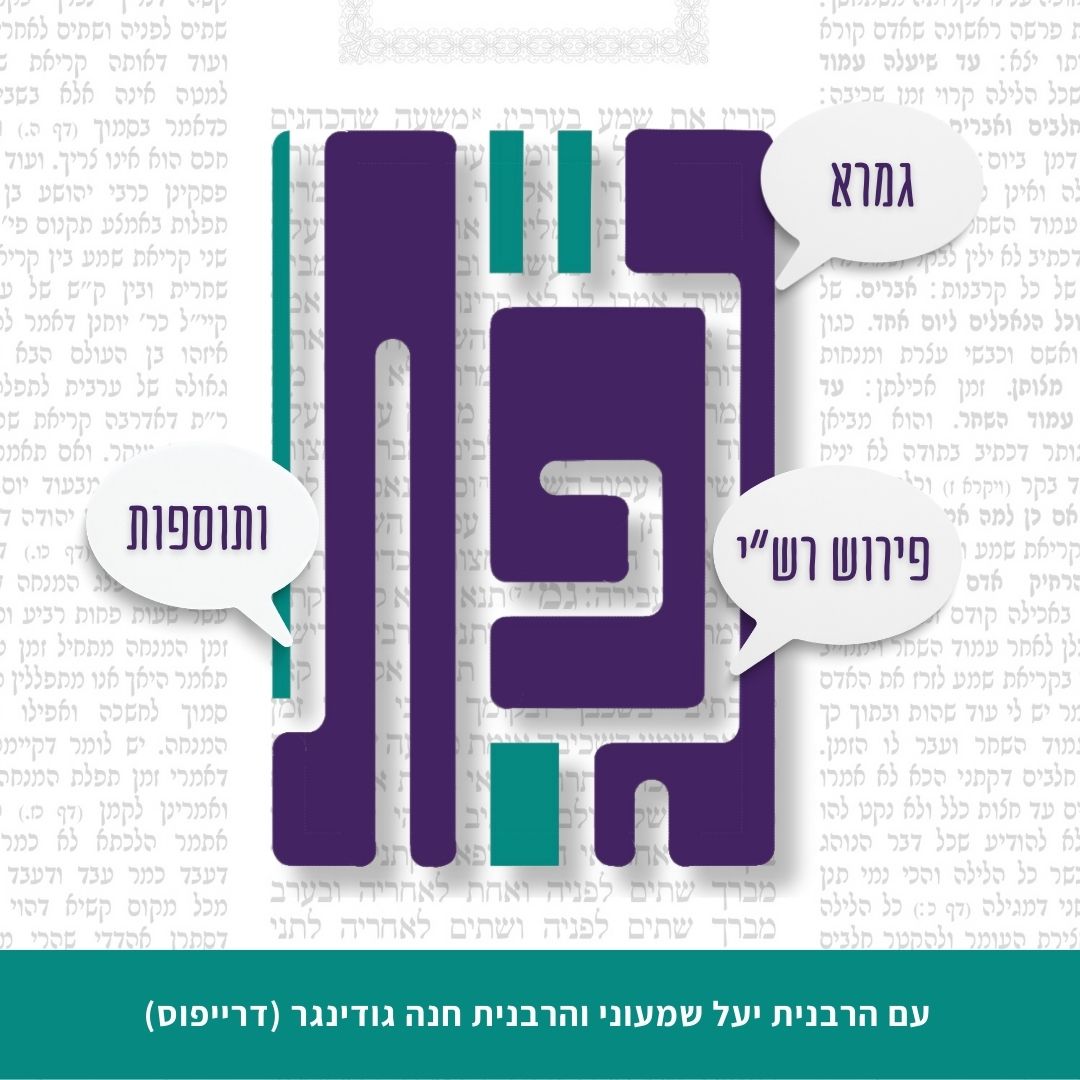סנהדרין ח
פְּסִילְנָא לָךְ לְדִינָא. אֲמַר לֵיהּ רַב לְרַב כָּהֲנָא: פּוֹק דַּיְּינֵיהּ. חַזְיֵיהּ דַּהֲוָה קָא גָּאֵיס בֵּיהּ. אֲמַר לֵיהּ: אִי צָיְיתַתְּ – צָיְיתַתְּ, וְאִי לָא – מַפֵּיקְנָא לָךְ רַב מֵאוּנָּךְ.
I am disqualified to judge for you, because I may be partial to you due to what you’ve done for me. Rav said to Rav Kahana: Go out and judge the case. Rav Kahana saw that Rav’s host was acting haughtily due to his relationship with Rav, as he presumed that Rav Kahana was predisposed to favor him. Rav Kahana said to the host: If you are prepared to listen, then listen to me and follow my instructions. And if not, I will take Rav out of your ears. I will treat you harshly, and you will understand that your relationship with Rav will not help you at all.
״כַּקָּטֹן כַּגָּדֹל תִּשְׁמָעוּן״. אָמַר רֵישׁ לָקִישׁ: שֶׁיְּהֵא חָבִיב עָלֶיךָ דִּין שֶׁל פְּרוּטָה כְּדִין שֶׁל מֵאָה מָנֶה. לְמַאי הִלְכְתָא? אִילֵּימָא לְעַיּוֹנֵי בֵּיהּ וּמִיפְסְקֵיהּ – פְּשִׁיטָא! אֶלָּא לְאַקְדּוֹמֵיהּ.
§ The Gemara continues to interpret clauses from the verse cited above. “You shall hear the small and the great alike” (Deuteronomy 1:17). Reish Lakish says: This teaches that the judgment of one peruta should be as dear, i.e., important, to you as the judgment of one hundred maneh, i.e., ten thousand dinars. The Gemara asks: With regard to what halakha is this said? If we say it is with regard to the need to study it carefully and to decide the case justly, it is obvious that even cases relating to small sums must be judged thoroughly. Rather, Reish Lakish was speaking with regard to giving it precedence: The small claims case may not be deferred in favor of the larger claim merely because the disputed sum is smaller.
״לֹא תָגוּרוּ מִפְּנֵי אִישׁ״. אָמַר רַבִּי חָנָן: אַל תַּכְנִיס דְּבָרֶיךָ מִפְּנֵי אִישׁ. ״כִּי הַמִּשְׁפָּט לֵאלֹהִים הוּא״. אָמַר רַבִּי חָמָא בְּרַבִּי חֲנִינָא: אָמַר הַקָּדוֹשׁ בָּרוּךְ הוּא, לֹא דַּיָּין לָרְשָׁעִים שֶׁנּוֹטְלִין מִזֶּה מָמוֹן וְנוֹתְנִים לָזֶה שֶׁלֹּא כַּדִּין, אֶלָּא שֶׁמַּטְרִיחִין אוֹתִי לְהַחֲזִיר מָמוֹן לִבְעָלָיו.
The Gemara continues the interpretation of the verse: “You shall not be afraid before any man.” Rabbi Ḥanan says: Do not suppress your statement of opinion due to any person. The verse continues: “For the judgment is God’s.” Rabbi Ḥama, son of Rabbi Ḥanina, says: The Holy One, Blessed be He, says: It is not enough for the wicked judges, that they take money from this person and they give it to that person unlawfully, but they even trouble Me to return the money to its rightful owners. As proper justice is ultimately in the hands of God, He takes responsibility to bring about the rectification of the errors of unfit judges.
״וְהַדָּבָר אֲשֶׁר יִקְשֶׁה מִכֶּם״. אָמַר רַבִּי חֲנִינָא וְאִיתֵּימָא רַבִּי יֹאשִׁיָּה: עַל דָּבָר זֶה נֶעֱנַשׁ מֹשֶׁה, שֶׁנֶּאֱמַר ״וַיַּקְרֵב מֹשֶׁה אֶת מִשְׁפָּטָן לִפְנֵי ה׳״. מַתְקֵיף לַהּ רַב נַחְמָן בַּר יִצְחָק: מִי כְּתִיב ״וְאַשְׁמִיעֲכֶם״? ״וּשְׁמַעְתִּיו״ כְּתִיב! אִי גְּמִירְנָא – גְּמִירְנָא, וְאִי לָא – אָזֵילְנָא וּגְמִירְנָא.
The verse continues: “And the cause that is too hard for you, you shall bring to me, and I will hear it.” Rabbi Ḥanina, and some say Rabbi Yoshiya, says: On account of this matter, which displayed a degree of presumptuousness, Moses was punished, as it is stated: “And Moses brought their cause before the Lord” (Numbers 27:5). In this instance, when Zelophehad’s daughters presented their case to Moses, he did not know the answer himself and was compelled to ask God. Rav Naḥman bar Yitzḥak objects to this critique of Moses: Is it written: “And I will tell you,” which would indicate that Moses assumed the authority for himself? No, it is written: “And I will hear it,” meaning: If I have learned the halakha, I have learned it. And if not, I will go and learn it. Consequently, there was no presumptuousness in Moses’ statement.
אֶלָּא, כִּדְתַנְיָא: רְאוּיָה פָּרָשַׁת נַחֲלוֹת שֶׁתִּיכָּתֵב עַל יְדֵי מֹשֶׁה רַבֵּינוּ, אֶלָּא שֶׁזָּכוּ בְּנוֹת צְלָפְחָד וְנִכְתְּבָה עַל יָדָן. רְאוּיָה הָיְתָה פָּרָשַׁת מְקוֹשֵׁשׁ שֶׁתִּיכָּתֵב עַל יְדֵי מֹשֶׁה רַבֵּינוּ, אֶלָּא שֶׁנִּתְחַיֵּיב מְקוֹשֵׁשׁ וְנִכְתְּבָה עַל יָדוֹ. לְלַמֶּדְךָ שֶׁמְגַלְגְּלִין חוֹבָה עַל יְדֵי חַיָּיב, וּזְכוּת עַל יְדֵי זַכַּאי.
Rather, the unusual manner in which the halakha of women’s inheritance (see Numbers, chapter 27) was revealed may be understood as it is taught in a baraita: It would have been fitting for the Torah portion about inheritances to have been written by attributing it to Moses, our teacher, i.e., to introduce the halakha with the standard formulation: And the Lord spoke to Moses, saying. But the daughters of Zelophehad achieved merit as a result of their initiative in pursuing a portion in Eretz Yisrael, and therefore the halakha was written by attributing it to them. Similarly, it would have been fitting for the Torah portion concerning the punishment of the wood gatherer (see Numbers 15:32–36) to have been written by attributing it to Moses, our teacher. But the wood gatherer was found guilty, and the halakha was written by attributing it to him. This serves to teach you that guilt is engendered by means of the guilty and merit by means of the innocent.
כְּתִיב: ״וָאֲצַוֶּה אֶת שֹׁפְטֵיכֶם בָּעֵת הַהִיא״, וּכְתִיב: ״וָאֲצַוֶּה אֶתְכֶם בָּעֵת הַהִיא״. אָמַר רַבִּי אֶלְעָזָר אָמַר רַבִּי שִׂמְלַאי: אַזְהָרָה לַצִּיבּוּר שֶׁתְּהֵא אֵימַת דַּיָּין עֲלֵיהֶן, וְאַזְהָרָה לַדַּיָּין שֶׁיִּסְבּוֹל אֶת הַצִּיבּוּר. עַד כַּמָּה? אָמַר רַבִּי חָנָן, וְאִיתֵּימָא רַבִּי שַׁבְּתַאי: ״כַּאֲשֶׁר יִשָּׂא הָאֹמֵן אֶת הַיֹּנֵק״.
The Gemara continues to interpret verses pertaining to judges and judgment. It is written: “And I charged your judges at that time” (Deuteronomy 1:16), and it is written soon thereafter: “And I commanded you at that time all the things that you should do” (Deuteronomy 1:18). There is an apparent contradiction between these verses, as one indicates God commanded the judges and the other indicates He commanded the people. Rabbi Elazar says that Rabbi Simlai says: Moses issued a warning to the community that the awe of the judge must be upon them, and Moses issued a warning to the judge that he must bear the burden of the community. Up to what degree must the judge bear this burden? Rabbi Ḥanan, and some say Rabbi Shabbtai, says: It is as Moses said, that he carried Israel “as a nursing father carries the sucking child” (Numbers 11:12).
כְּתִיב: ״כִּי אַתָּה תָּבוֹא״, וּכְתִיב: ״כִּי אַתָּה תָּבִיא״. אָמַר רַבִּי יוֹחָנָן: אָמַר לוֹ מֹשֶׁה לִיהוֹשֻׁעַ: אַתָּה וְהַזְּקֵנִים שֶׁבַּדּוֹר עִמָּהֶם. אָמַר לוֹ הַקָּדוֹשׁ בָּרוּךְ הוּא: טוֹל מַקֵּל וְהַךְ עַל קׇדְקֳדָם. דַּבָּר אֶחָד לַדּוֹר, וְאֵין שְׁנֵי דַּבָּרִין לַדּוֹר.
Similarly, a distinction is drawn between two verses where Moses commanded Joshua concerning his impending leadership: It is written: “For you shall go with these people into the land” (Deuteronomy 31:7), and it is written: “For you shall bring the children of Israel into the land” (Deuteronomy 31:23). Rabbi Yoḥanan reconciled the difference between these two charges and said: Moses said to Joshua, in the first verse: You and the elders of the generation will enter into Eretz Yisrael together with the people, i.e., the elders will assist you in the leadership. Subsequently, in the second verse, the Holy One, Blessed be He, said to Joshua: You yourself must bring the people: Take a rod and strike the people upon their skulls. There must be one clear and authoritative leader for the generation, and there may not be two or more leaders for the generation.
תָּנָא: זִימּוּן בִּשְׁלֹשָׁה. מַאי זִימּוּן? אִילֵּימָא בִּרְכַּת זִימּוּן, וְהָתַנְיָא: זִימּוּן וּבִרְכַּת זִימּוּן בִּשְׁלֹשָׁה! וְכִי תֵּימָא פָּרוֹשֵׁי קָמְפָרֵשׁ: מַאי זִימּוּן? בִּרְכַּת זִימּוּן. וְהָתַנְיָא: זִימּוּן בִּשְׁלֹשָׁה, בִּרְכַּת זִימּוּן בִּשְׁלֹשָׁה!
§ The Gemara returns to the discussion of halakhic matters related to the mishna. The Sages taught in a baraita: A zimmun is to be issued with three people. The Gemara analyzes: What is meant by the term zimmun in the baraita? If we say it is referring to the invitation to recite Grace after Meals jointly, which is called the zimmun blessing, that is difficult. But isn’t it taught in a baraita: Zimmun and the zimmun blessing are to be issued with three people? As the baraita lists these halakhot separately, it indicates that the term zimmun is referring to a different matter. And if you would say that the baraita explains itself, by clarifying: What is meant by the term zimmun? It is the zimmun blessing, another source indicates even more clearly that these terms are referring to two different procedures. But isn’t it taught in a baraita: Zimmun is performed with three people, and the zimmun blessing is performed with three people? Evidently, therefore, zimmun is not referring to the zimmun blessing.
אֶלָּא מַאי זִימּוּן? אַזְמוֹנֵי לְדִין. כִּי הָא דְּאָמַר רָבָא: הָנֵי בֵּי תְלָתָא דַּיָּינֵי דְּיָתְבִי, וְאָזֵיל שְׁלִיחָא דְּבֵי דִּינָא וְאָמַר מִפּוּמָּא דְּחַד – לֹא אָמַר כְּלוּם, עַד דְּאָמַר מִשְּׁמֵיהּ דְּכוּלְּהוּ. הָנֵי מִילֵּי בְּלָא יוֹמָא דְּדִינָא, אֲבָל בְּיוֹמָא דְּדִינָא – לֵית לַן בַּהּ.
Rather, what is zimmun? It is a summons to appear in court for judgment. The Gemara notes that this is similar to that which Rava said: With regard to this court of three judges who are sitting and waiting to adjudicate a case, and the agent of the court went and said to one of the litigants that he is summoned in the name of only one of the judges, the summons is insufficient. It is as if the agent did not say anything, unless he said it in the name of all of them. That is what is meant when it is taught that zimmun is issued by three. The Gemara clarifies: That statement applies only when it is not the day set for judgment. But on the day set for judgment, when it is understood that a summons in the name of only one judge actually indicates a summons from an assembled court, we have no problem with it. Someone who ignores such a summons is subject to the full censure of the court.
תַּשְׁלוּמֵי כֶּפֶל כּוּ׳. שְׁלַח לֵיהּ רַב נַחְמָן בַּר רַב חִסְדָּא לְרַב נַחְמָן בַּר יַעֲקֹב: יְלַמְּדֵנוּ רַבֵּינוּ, דִּינֵי קְנָסוֹת בְּכַמָּה? מַאי קָמִיבַּעְיָא לֵיהּ? הָא אֲנַן תְּנַן בִּשְׁלֹשָׁה! אֶלָּא יָחִיד מוּמְחֶה קָמִיבַּעְיָא לֵיהּ, דְּאֵין דִּינֵי קְנָסוֹת אוֹ לָא?
§ The mishna teaches: Cases involving payment of double the principal must be adjudicated by a court of three judges. Rav Naḥman bar Rav Ḥisda sent an inquiry to Rav Naḥman bar Ya’akov: Let our teacher instruct us: With regard to cases involving laws of fines, by how many judges must such cases be adjudicated? The Gemara asks: What is the dilemma he is raising? Didn’t we learn in the mishna that such cases are judged by three judges? Rather, Rav Naḥman bar Rav Ḥisda is raising a dilemma with regard to a single expert judge: May he adjudicate cases involving laws of fines by himself or not?
אֲמַר לֵיהּ: תְּנֵיתוּהָ, תַּשְׁלוּמֵי כֶּפֶל וְתַשְׁלוּמֵי אַרְבָּעָה וַחֲמִשָּׁה בִּשְׁלֹשָׁה. מַאי שְׁלֹשָׁה? אִילֵּימָא שְׁלֹשָׁה הֶדְיוֹטוֹת, הָאָמַר אֲבוּהּ דַּאֲבוּךְ מִשְּׁמֵיהּ דְּרַב: אֲפִילּוּ עֲשָׂרָה וְהֵן הֶדְיוֹטוֹת פְּסוּלִין לְדִינֵי קְנָסוֹת! אֶלָּא מוּמְחִין, וְקָאָמַר שְׁלֹשָׁה.
Rav Naḥman bar Ya’akov said to him: You already learned this in the mishna: Cases involving payment of double the principal and payment of four or five times the principal must be adjudicated by three judges. What is meant by three? If we say it means three non-ordained lay judges, didn’t your father’s father say in the name of Rav: Even if there are ten judges, if they are lay judges they are unfit for adjudicating cases involving laws of fines? Rather, the mishna is discussing expert judges, and it says that three are necessary. Therefore, a single expert judge may not adjudicate such cases.
וַחֲכָמִים אוֹמְרִים: מוֹצִיא שֵׁם רַע בְּעֶשְׂרִים וּשְׁלֹשָׁה.
§ The mishna records a dispute concerning the number of judges required to judge the case of a defamer (see Deuteronomy 22:13–19), which generally involves a man defaming his wife by falsely accusing her of having committed adultery while she was betrothed. Rabbi Meir says the case must be tried by three judges, and the Rabbis say: An accused defamer is judged by a court of twenty-three judges. It is obvious that in a case in which the husband’s accusation has the potential to result in the woman’s execution, Rabbi Meir agrees that as this is a case of capital law, it must be tried by twenty-three judges. Therefore, the dispute in the mishna must involve a lesser claim, such as a case where there are no witnesses to the alleged adultery, but the husband claims she was not a virgin when they married and is suing for monetary compensation.
וְכִי יֵשׁ בּוֹ דִּינֵי נְפָשׁוֹת, מַאי הָוֵי?
The Gemara asks: But although the halakha of a defamer contains the potential to qualify as a case of capital law, what of it? As long as this particular case has no such potential, why do the Rabbis require twenty-three judges?
אָמַר עוּלָּא: בְּחוֹשְׁשִׁין לְלַעַז קָמִיפַּלְגִי. רַבִּי מֵאִיר סָבַר: אֵין חוֹשְׁשִׁין לְלַעַז, וְרַבָּנַן סָבְרִי: חוֹשְׁשִׁין לְלַעַז.
Ulla said: Rabbi Meir and the Rabbis disagree with regard to the question of whether one needs to be concerned with the possibility of rumors, meaning that if the husband raises the claim that his wife committed adultery, although he has no witnesses and there is no potential for a capital conviction, should the court be concerned with the possibility that the publicity generated by the proceedings may lead to the emergence of witnesses, which would make it a capital case? Rabbi Meir holds that one need not be concerned with the possibility of rumors. And the Rabbis hold that one does need to be concerned with the possibility of rumors.
רָבָא אָמַר: כּוּלֵּי עָלְמָא לְלַעַז לָא חָיְישִׁינַן, וְהָכָא בְּחוֹשְׁשִׁין לִכְבוֹדָן שֶׁל רִאשׁוֹנִים קָמִיפַּלְגִי. וְהָכָא בְּמַאי עָסְקִינַן? כְּגוֹן דְּאִיכְּנִיף בֵּי עֶשְׂרִין וּתְלָתָא לְמֵידַן דִּינֵי נְפָשׁוֹת, וְאִיבַּדּוּר, וַאֲמַר לְהוּ: דַּיְּינוּ לִי מִיהָא דִּינֵי מָמוֹנוֹת.
Rava says: Everyone agrees that one need not be concerned with the possibility of rumors. And here they disagree about whether one need be concerned for the honor of the first judges. And with what are we dealing here? We are dealing, for example, with a case where a court of twenty-three judges was convened to judge a case of capital law, because the husband accused his wife of committing adultery. As there were no witnesses to the alleged adultery, the court of twenty-three judges was disbanded, and then the husband said to them: At least adjudicate for me the aspect of monetary law, to reduce the sum in her marriage contract to the amount for a non-virgin. At that point, it became strictly a case of monetary law, which would normally be tried by three judges. Nevertheless, the Rabbis hold that the court of twenty-three judges must be reconvened, out of concern for their honor, since they had already begun to hear the case. Rabbi Meir disagrees, as he does not view this as an affront to the honor of the judges.
מֵיתִיבִי: וַחֲכָמִים אוֹמְרִים, תְּבָעוֹ מָמוֹן – בִּשְׁלֹשָׁה, תְּבָעוֹ נְפָשׁוֹת – בְּעֶשְׂרִים וּשְׁלֹשָׁה. בִּשְׁלָמָא לְרָבָא, תְּבָעוֹ מָמוֹן תְּחִלָּה – בִּשְׁלֹשָׁה, תְּבָעוֹ נְפָשׁוֹת תְּחִלָּה – אֲפִילּוּ מָמוֹן בְּעֶשְׂרִים וּשְׁלֹשָׁה. אֶלָּא לְעוּלָּא קַשְׁיָא!
The Gemara raises an objection from a baraita (Tosefta 1:2): And the Rabbis say: If he took her to court and claimed money, the case is to be adjudicated by three judges. But if he took her to court and claimed that she was liable to receive the death penalty, the case must be judged by twenty-three judges. Granted, according to Rava, the baraita can be read as referring to the terms of the beginning of the trial: If he claimed money at the outset, the case must be judged by three judges. Since the case concerns a financial claim, three are sufficient. But if he initially claimed she should be subject to the death penalty, even if the case becomes transformed into a financial case, it must be judged by twenty-three judges out of concern for their honor. But according to Ulla, who says the requirement for twenty-three judges is based on concern about rumors, it is difficult.
אָמַר רָבָא: אֲנִי וַאֲרִי שֶׁבַּחֲבוּרָה תַּרְגֵּימְנַהּ. וּמַנּוּ? רַב חִיָּיא בַּר אָבִין. הָכָא בְּמַאי עָסְקִינַן? שֶׁהֵבִיא הַבַּעַל עֵדִים שֶׁזִּינְּתָה, וְהֵבִיא הָאָב עֵדִים וֶהֱזִימּוּם לְעֵדֵי הַבַּעַל. בָּא לִגְבּוֹת מָמוֹן מִבַּעַל – בִּשְׁלֹשָׁה, וּבִמְקוֹם נְפָשׁוֹת – בְּעֶשְׂרִים וּשְׁלֹשָׁה.
Rava said: I and the lion of the group both explained this. The Gemara asks: And who is the lion of the group? It is Rav Ḥiyya bar Avin. He and Rava explained: With what are we dealing here? We are dealing with a case where the husband brought witnesses to testify that the wife committed adultery, and the wife’s father brought witnesses, and through their testimony that they were with the first witnesses in some other place at the time of the alleged transgression, they classified the husband’s witnesses as conspiring witnesses. In that case, if the father comes to collect monetary restitution from the husband for defamation, the case may be adjudicated by three judges. And in a case of capital punishment, such as the trial of the husband’s witnesses, the case must be judged by twenty-three judges. In this way, Ulla’s interpretation may be reconciled with the Tosefta.
אַבָּיֵי אָמַר: דְּכוּלֵּי עָלְמָא חָיְישִׁינַן לְלַעַז, וּמִשּׁוּם כְּבוֹדָן שֶׁל רִאשׁוֹנִים. הָכָא בְּמַאי עָסְקִינַן? כְּגוֹן דְּאַתְרוֹ בַּהּ סְתָם.
Abaye said: The dispute between Rabbi Meir and the Rabbis can be explained in another manner. According to everyone, one need be concerned for rumors, and also for the honor of the first judges. And with regard to the dispute between Rabbi Meir and the Rabbis, here we are dealing with a case where the witnesses to the adultery warned her that adultery is a capital transgression without specification as to the exact manner of death penalty she would receive.
וְהַאי תַּנָּא הוּא, דְּתַנְיָא: וּשְׁאָר כׇּל חַיָּיבֵי מִיתוֹת שֶׁבַּתּוֹרָה, אֵין מְמִיתִין אוֹתָם אֶלָּא בְּעֵדָה וְעֵדִים וְהַתְרָאָה, וְעַד שֶׁיּוֹדִיעוּהוּ שֶׁהוּא חַיָּיב מִיתָה בְּבֵית דִּין.
And the matter is in accordance with this tanna, whose statement follows: As it is taught in a baraita: With regard to all the others, those who are liable for the various death penalties stated in the Torah other than the inciter to idol worship, the court executes them only when the following elements are present: The congregation, represented by the court; and witnesses; and forewarning just before the defendant commits the transgression. And the court does not execute him unless the witnesses had informed the defendant that he is liable to receive the death penalty from the court.
רַבִּי יְהוּדָה אוֹמֵר: עַד שֶׁיּוֹדִיעוּהוּ בְּאֵיזֹה מִיתָה הוּא נֶהֱרָג.
Rabbi Yehuda says: The defendant is not executed unless the witnesses had informed the defendant by which form of the death penalty he is to be killed. According to the opinion of Abaye, the dispute in the mishna involves a case in which it was known that the witnesses forewarned the woman, but they did not specify the specific death penalty she would be liable to receive. In this case, in accordance with the opinion of Rabbi Yehuda, Rabbi Meir holds there can be no death penalty, and therefore the case may be tried by three judges.
רַב פָּפָּא אָמַר: הָכָא בְּאִשָּׁה חֲבֵירָה עָסְקִינַן, וְקָמִיפַּלְגִי בִּפְלוּגְתָּא דְּרַבִּי יוֹסֵי בַּר יְהוּדָה וְרַבָּנַן. דְּתַנְיָא, רַבִּי יוֹסֵי בַּר יְהוּדָה אוֹמֵר: חָבֵר אֵין צָרִיךְ הַתְרָאָה, לְפִי שֶׁלֹּא נִיתְּנָה הַתְרָאָה אֶלָּא לְהַבְחִין בֵּין שׁוֹגֵג לְמֵזִיד.
Rav Pappa said a similar explanation: Here we are dealing with a woman who is a ḥaveira, meaning that she is knowledgeable with regard to Torah matters. And they disagree with regard to the issue that is the subject of the dispute between Rabbi Yosei bar Yehuda and the Rabbis. As it is taught in a baraita: Rabbi Yosei bar Yehuda says: A ḥaver, as he is knowledgeable in Torah, does not need to be issued a forewarning by the witnesses, because forewarning is given only to distinguish between unintentional sin and intentional sin, and in the case of a ḥaver it is clear that he is aware of the halakha. The Rabbis maintain that even a ḥaver may not be punished unless he has been forewarned. Rav Pappa suggests that Rabbi Meir holds that a ḥaveira must be forewarned, and the mishna discussed a case where this forewarning did not take place, and consequently the trial of her alleged defamer could not lead to capital punishment.
רַב אָשֵׁי אָמַר: כְּגוֹן
Rav Ashi says a different explanation: The dispute in the mishna concerns a case where

